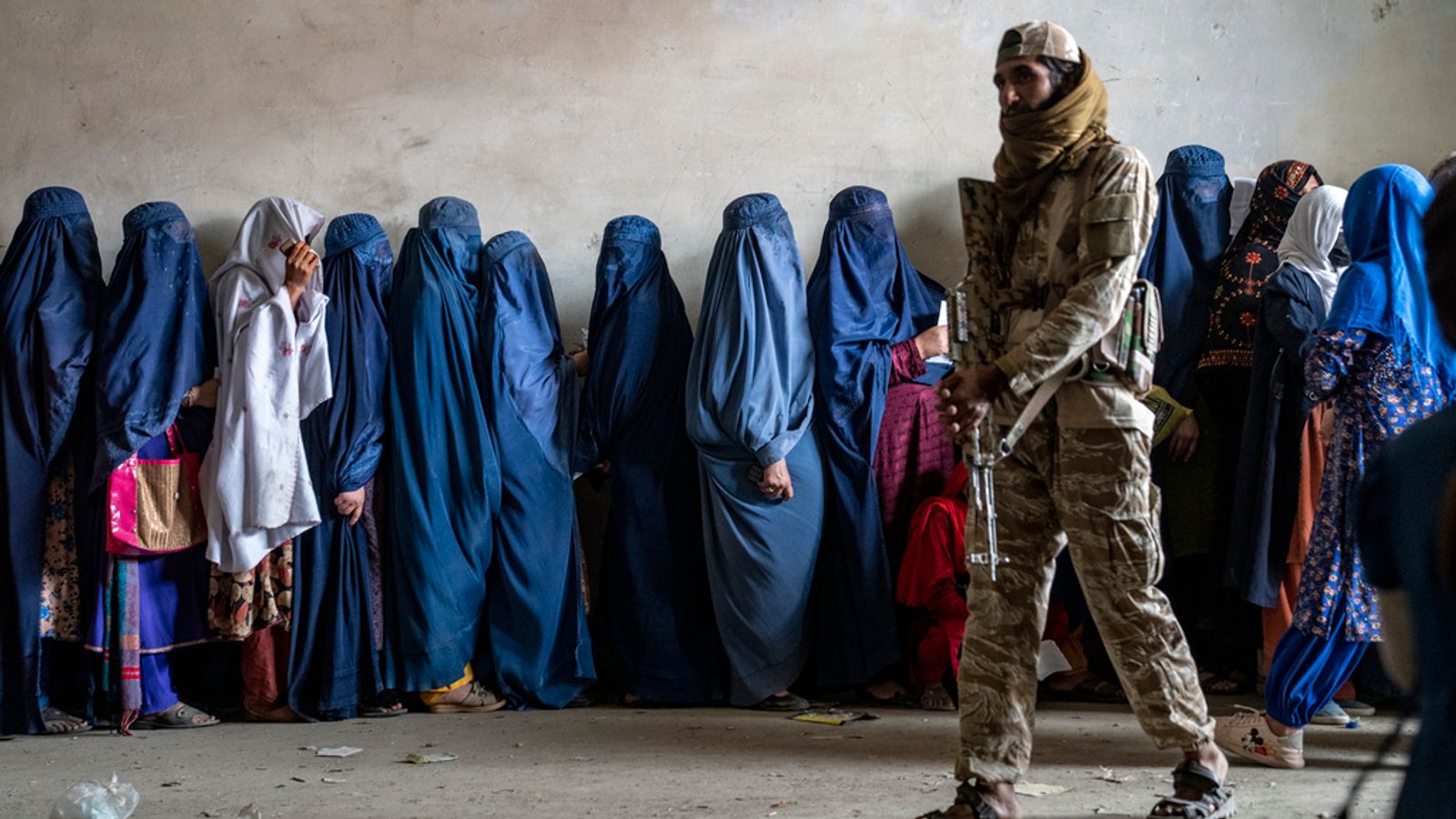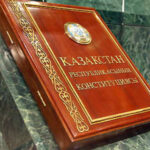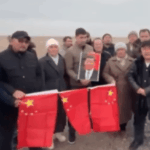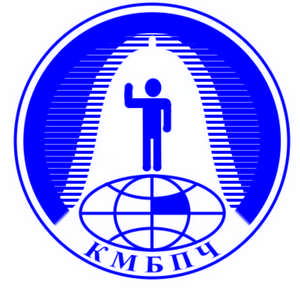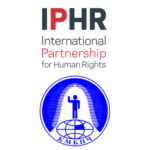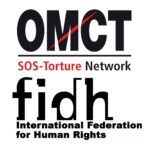To the President of the Republic of Kazakhstan
K. Tokayev
To the Minister of Labour and Social Protection of the Population of the Republic of Kazakhstan
S. Zhakupova
We, the cosignatories, appeal to the Kazakhstani authorities to prevent potential deportations of Afghan women currently residing in Kazakhstan. If deported they would be exposed to persecution, violence, and face threats to their lives.
Since the takeover of Taliban in 2021, Afghanistan has faced a deep humanitarian crisis, which especially affects Afghan women. They have been banned from universities and secondary education, banned from entering the workforce and their freedom of movement and access to public spaces and services has been severely restricted. Therefore, if deported back to their country of origin, Afghani women would face a severe deterioration of their fundamental rights.
The UN and international human rights organisations have repeatedly drawn attention to the catastrophic situation of girls and women in Afghanistan since the return of the Taliban regime. For example, the UNHCR Guidance Note on the International Protection Needs of People Fleeing Afghanistan, the Afghanistan ACCORD report, and Amnesty International’s Shadow Brief: The Human Rights Situation of Women and Girls in Afghanistan, among others, have all demanded that every possible support be given to those who have managed to escape from Afghanistan, fearing for their lives and safety.
We are deeply concerned that Kazakhstan’s current asylum procedures render it virtually impossible for Afghan women to obtain state protection. The Ministry of Labour and Social Protection requires asylum seekers to provide official documentation of persecution from the authorities of their home country –This requirement already poses serious challenges for most asylum seekers, but it is entirely impossible for Afghan women.
After the Taliban takeover, Afghan women face severe restrictions on movement and access to public institutions, making it unfeasible for them to obtain any official documentation from state authorities. It can also be directly dangerous to contact the authorities in Afghanistan to obtain such documents. Moreover, Afghan women are often victimized on the basis of their gender — for example, through forced marriage, domestic violence, or prohibitions on education and work. Such forms of violence are seldom officially registered, making it impossible to obtain valid papers or documented proof of persecution.
In addition, Kazakh authorities require Afghan asylum seekers to present proof that they have been persecuted by the Taliban. However, the Taliban, for obvious reasons, have no interest in providing or sharing any documentation that could serve as evidence of their own persecution of Afghan women. Furthermore, revealing one’s identity to Taliban officials or visiting the Afghan embassy to request such papers can expose women to serious risks, including retaliation or renewed persecution.
This must be taken into consideration by the Ministry of Labour and Social Protection and by Commissions for the implementation of procedures for granting, extending, terminating and revoking refugee status at the territorial bodies of the Employment and Social Programmes Administration when handling asylum cases.
Such requirements create an impossible barrier, resulting in systematic rejection of Afghan asylum claims. Without legal status in Kazakhstan, Afghan women are left without the right to work, access healthcare or education services, and live under constant threat of deportation.
Recent, official statistics confirm the extremely low recognition rate of asylum seekers in Kazakhstan. The absence of gender-disaggregated data further obscures the specific plight of Afghan women, rendering their suffering invisible in official statistics.
These systemic barriers have already had consequences. In several documented cases, Kazakhstani authorities have shared or threatened to share the personal information of Afghan asylum seekers with the Taliban. Some of these individuals had worked with Western states or organisations and therefore would be at particular risk. Afghan women seeking refugee status have often publicly advocated for women’s rights, exposing them to threats of forced marriage and even death from the Taliban. Despite providing documented evidence of these threats, many of these women still face deportation after their applications for refugee status have been rejected.
We remind the Government of Kazakhstan of its obligations under international law:
– The 1951 UN Refugee Convention and its 1967 Protocol, both ratified by Kazakhstan,
– The Convention Against Torture (CAT) article 3, which prohibit individuals of being deported back to a country where they will face danger or subjected to torture.
– The principle of non-refoulement, which strictly prohibits returning individuals to a country where they face persecution, torture, or death.
The deportations of Afghan women residing in Kazakhstan constitute a clear violation of these obligations and place their lives at immediate risk.
We therefore urgently call upon the Government of Kazakhstan to:
1. Take immediate steps to cease all deportation proceedings regarding Afghan women in Kazakhstan;
2. Reconsider their asylum applications in light of the credible and documented threats against their lives, and recognise them as refugees if they meet the criteria set out in the 1951 UN Refugee Convention’;
3. Work with international partners to secure safe and viable solutions, including the possibility of humanitarian resettlement in a third country.
Since re-establishing economic and trade ties with Afghanistan under Taliban rule, the Kazakhstani government has removed the Taliban from its list of terrorist organisations and has effectively stopped granting refugee status to Afghan citizens arriving in Kazakhstan.
According to data from international organisations, around 1,500 Afghans are currently registered in Kazakhstan, with almost half of them women and children. Yet recognition rates remain shockingly low: in 2024, out of 383 applications for refugee status, only 11 were approved. This leaves hundreds of Afghan women and their families trapped in legal limbo, without protection and under constant threat of deportation.
This appeal is not only a matter of life and death for Afghan women, it is also a test of Kazakhstan’s commitment to fundamental human rights and its international obligations. We appeal to you to act with urgency and humanity before it is too late.
Respectfully,
The cosignatories:
Kazakhstan International Bureau for Human Rights and Rule of Law (Kazakhstan)
Afghan and Central Asia Association (Great Britain)
International Partnership for Human Rights (Belgium)
Norwegian Helsinki Committee (Norway)
BaSN – Business as Nature (Portugal)
EOS – Association of Studies, Cooperation and Development (Portugal)
CooLaboa, Social Intervention (Portugal)
AKTO – Human Rights and Democracy (Portugal)
Association Project Criar (Portugal)
Women for Women’s Human Rights (Türkiye)
Dansk Kvindesamfund (Denmark)
Democratic Association for the Defence of Women’s Interests and Equality (Portugal)
Women Century XXI Association (Portugal)
Dignity, Association for Women’s and Children’s Rights (Switzerland)
Men Nón – Association of Women from São Tomé and Principe in Portugal (Portugal)
Association Being a Woman (Switzerland)
Plataforma Portuguesa para os Direitos das Mulheres (Portugal)
Human Rights Without Frontiers International (Belgium)
Asociacion Alma (Spain)
Eh mademoiselle (France)
Amnesty Sciences Po Lyon (France)
ACAT (France)
Clitasso-sante(France)
Union Pirate Caen / Union Pirate Nantes / Union Pirate Brest / Union Pirates Rennes (France)
Les penseurs des plaies (France)
Feminicêtre (France)
Union Feminist d’Assas (France)
Brest Insoumis (France)
Stop VOG (France)
Les Fallopes (France)
Upec en commun (France)
Nouvelles Rênes (France)
Greve feministe (France)
True Hope Foundation International (USA)
PHOTO: AP

